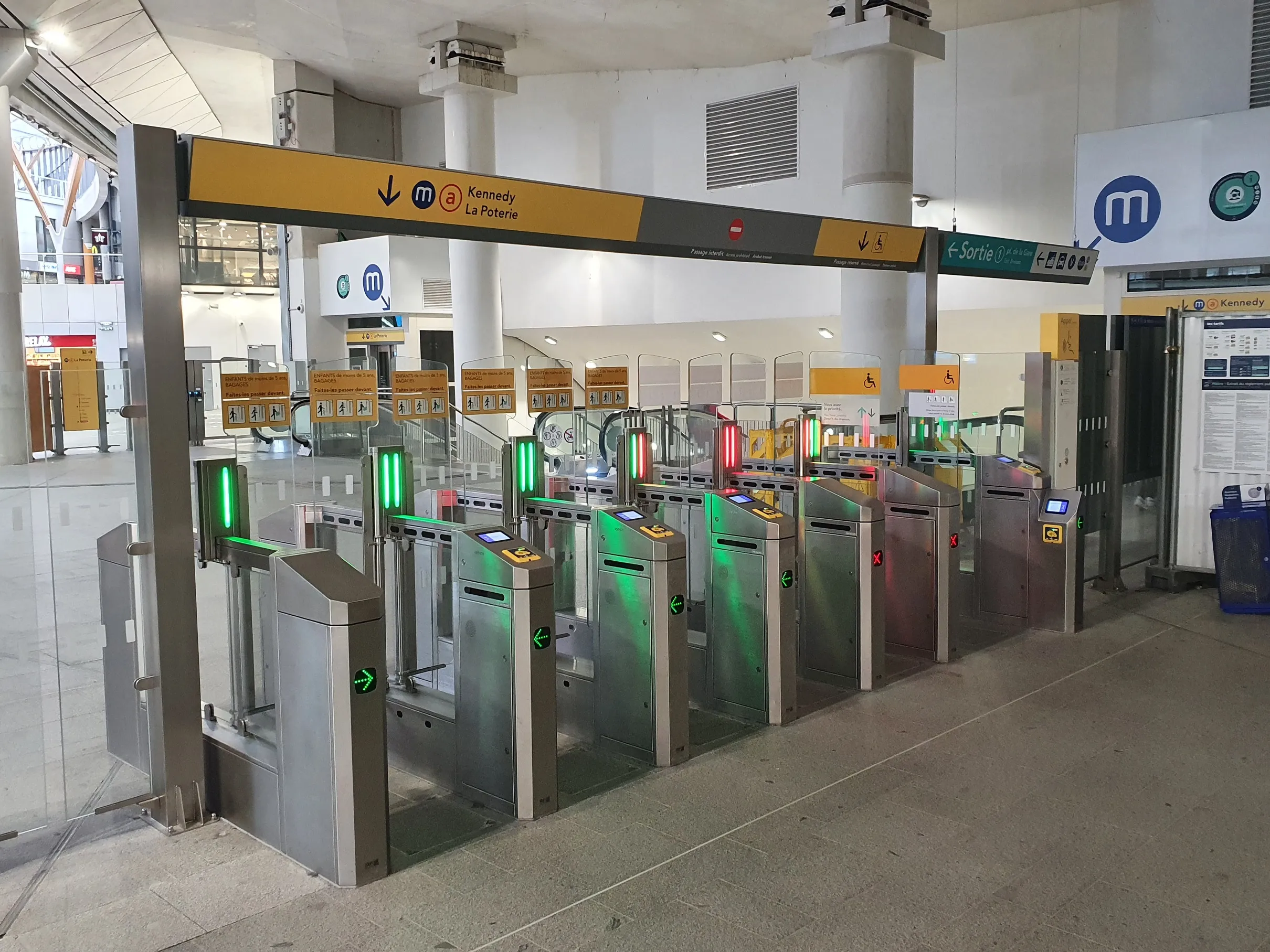A new NFC Phone application developed by Vix is enabling a UK first for Stagecoach bus passengers in Cambridge. The innovative trial, which could lead to a nationwide roll out across select bus and rail services next year, is enabling the small cross section of participating bus users to receive, store and validate their bus tickets using their mobile phone.
June 25, 2012
Read time: 2 mins
RSSA new NFC Phone application developed by Vix is enabling a UK first for 805 Stagecoach bus passengers in Cambridge. The innovative trial, which could lead to a nationwide roll out across select bus and rail services next year, is enabling the small cross section of participating bus users to receive, store and validate their bus tickets using their mobile phone.
The pilot marks the first time that NFC versions of3836 ITSO standard tickets have been commercially operated, with the trial contributing to the UK government’s vision to enable most public transport journeys to be undertaken using smart ticketing by December 2014.
The Vix NFC phone application enables a virtual card to be loaded onto a smart phone to be used for travel by tagging the phone against an electronic ticket machine as if it were a physical smart card. Additionally, the transport user is able to view the details of the ITSO transit products loaded onto their phone using its display, allowing them to see at any time the status of their transit products purchased.
“Smart phones are playing an increasingly important role in helping people manage their busy lifestyles and are already used across many areas of life,” says256 Stagecoach Group finance director, Martin Griffiths. “We believe this technology can also make public transport easier and more convenient to use. Once this trial is complete, we will carry out a review of the findings and assess the potential to expand the scheme further for our passengers.”
The pilot marks the first time that NFC versions of
The Vix NFC phone application enables a virtual card to be loaded onto a smart phone to be used for travel by tagging the phone against an electronic ticket machine as if it were a physical smart card. Additionally, the transport user is able to view the details of the ITSO transit products loaded onto their phone using its display, allowing them to see at any time the status of their transit products purchased.
“Smart phones are playing an increasingly important role in helping people manage their busy lifestyles and are already used across many areas of life,” says









